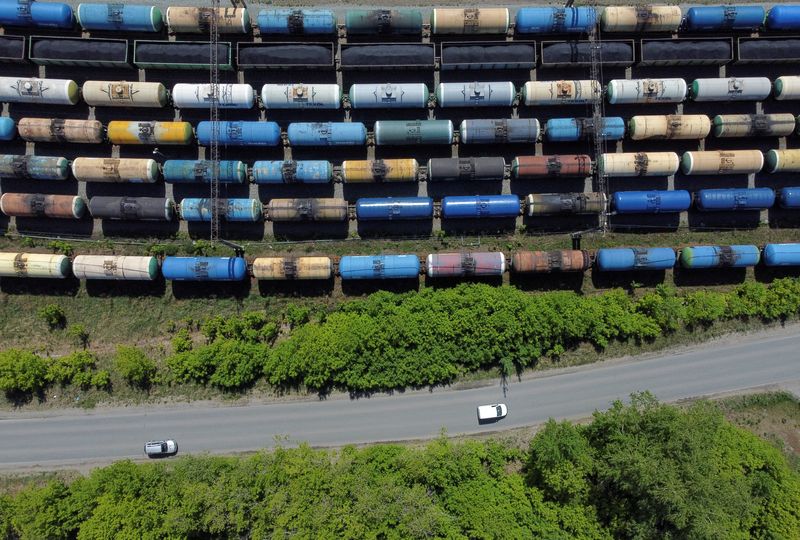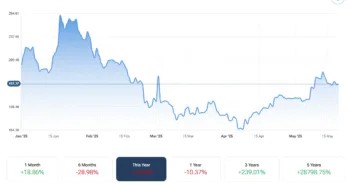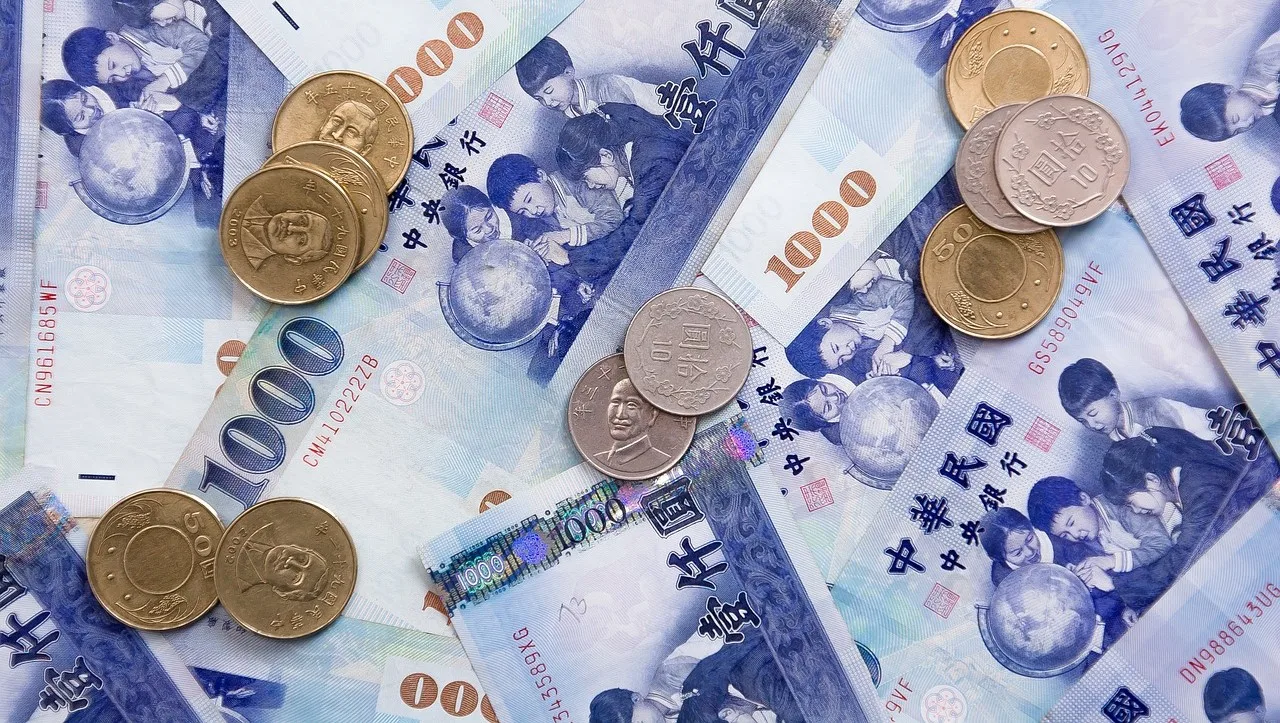By Gleb Stolyarov and Anastasia Lyrchikova
MOSCOW (Reuters) – Russian Railways’ cargo volumes slumped to a 15-year low in 2024, with labour and locomotive shortages exacerbating capacity woes as Moscow redirects trade flows to Asia from Europe while fighting on in Ukraine, data showed and six sources said.
Industrial output and railway cargo volumes usually go hand in hand. But while military production spurs the steady growth of factory output, cargoes are lagging, suggesting that Russia’s industrial machine is struggling to keep pace with intense growth efforts.
President Vladimir Putin has grown increasingly concerned about distortions in Russia’s wartime economy, Reuters reported on Thursday.
In 2024, Russian Railways transported 1.18 billion tons of cargo, data published this month showed, down 4.1% year-on-year and its lowest since 2009, when Russia was reeling from the global financial crash. Even in 2020 during the pandemic, Russia experienced greater cargo volumes.
Six railway and industry sources, who spoke to Reuters on condition of anonymity due to the sensitivity of the matter, cited the network’s eastern capacity shortfall, sanctions, labour shortages and reduced investment among reasons for problems with cargo transportation.
Russian Railways put the decrease down to external factors and said it had significantly improved the network’s efficiency by reducing choke points overloaded with empty, privately-operated railcars, while raising wages had helped overcome a shortage of around 3,000 drivers and assistants.
The energy and transport ministries did not respond to requests for comment.
One of the sources cited sanctions reducing access to spare parts and a shortage of locomotive crews as problems.
“(The crews) have all gone either to the special military operation (the conflict in Ukraine) or the defence industry, and there is simply no one to drive the trains,” the person said.
‘STANDSTILL’
Another source pointed to the military impact on cargoes.
“The system used to work just fine, but everything has changed – cargoes go east, defence now takes priority and the railroads just can’t cope,” the person said.
The priority of military cargoes, which can theoretically create logistics problems across the whole system, is not widely discussed, said CentroCreditBank economist Yevgeny Suvorov.
Russian Railways is facing a huge jump in interest payments this year – as the central bank has jacked up borrowing costs in an effort to tame soaring inflation – and the company is cutting investment by around 40%.
A railways source said Russian Railways had missed volume targets for the vast Baikal-Amur Mainline and Trans-Siberian railroads, which are under expansion.
Russian Railways transported around 150 million tons along those eastern routes in 2024, that person said, short of the planned 162 million tons.
Russian Railways said it had ensured that capacity on those routes had reached 180 million tons, but did not specify the volume of goods transported.
According to a government document seen by Reuters, the 180-million-ton target has been set for this year. That means the capacity of those routes will not increase in 2025, the source said, adding that modernisation work was “at a standstill”.
COAL SQUEEZED
One industry under pressure is coal. Washington has put most of Russia’s major coal companies, including Suek and Mechel, under sanctions. With U.S., EU and British bans on Russia’s coal imports in place, more than 80% of its exports now go to Asia.
Exports fell by 6% last year under pressure from Western sanctions, infrastructure disruptions and profitability issues, the International Energy Agency said. Last month, Putin ordered the government to develop support measures for the industry.
A committee headed by Deputy Prime Minister Alexander Novak has ordered the government to work on an anti-crisis programme, according to the government document.
“The coal industry is today experiencing specific difficulties, due to falling prices and the inability to export coal to markets in full,” Novak said in December on a visit to Russia’s coal-rich region, the Kuznetsk Basin known as Kuzbass.
Russia was the only key producer whose coal shipments to China fell in 2024, Chinese customs data showed. Galaxy Futures analysts said Russia’s limited freight capacity meant railways were prioritising transporting higher-value goods over coal.
Russian Railways said that thesis was not supported by statistics, pointing to the 2024 share of coal in total loading of 28%, the same as 2023.
The company said unresolved commercial relations between port workers and shippers at the Taman port had played the biggest role in negatively impacting coal exports.

Russian metals and energy group En+ said it was experiencing periodic difficulties with coal deliveries in the Krasnoyarsk region to its thermal power plants further east in Irkutsk region.
“There is a deficit of railroad carrying capacity, so we are trying to somehow solve these issues together with the railroad and administrations,” En+ chief Vladimir Kolmogorov told Reuters.











